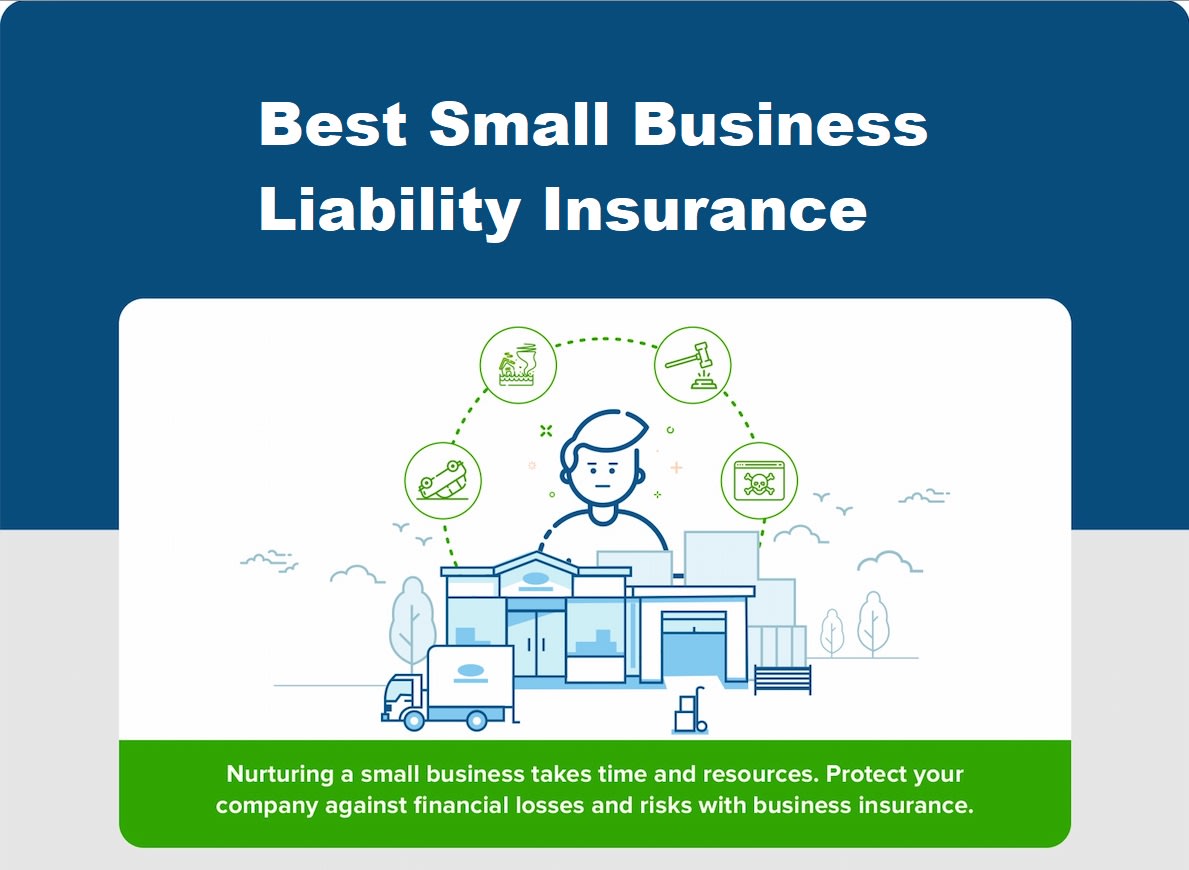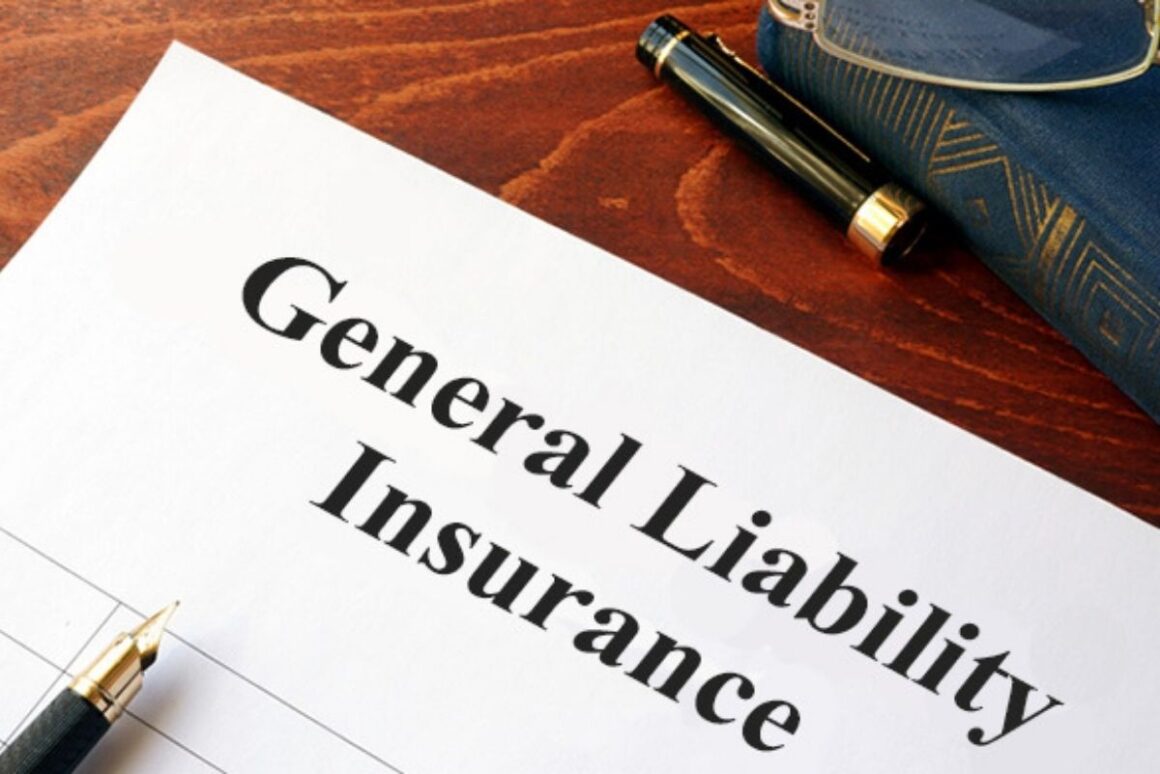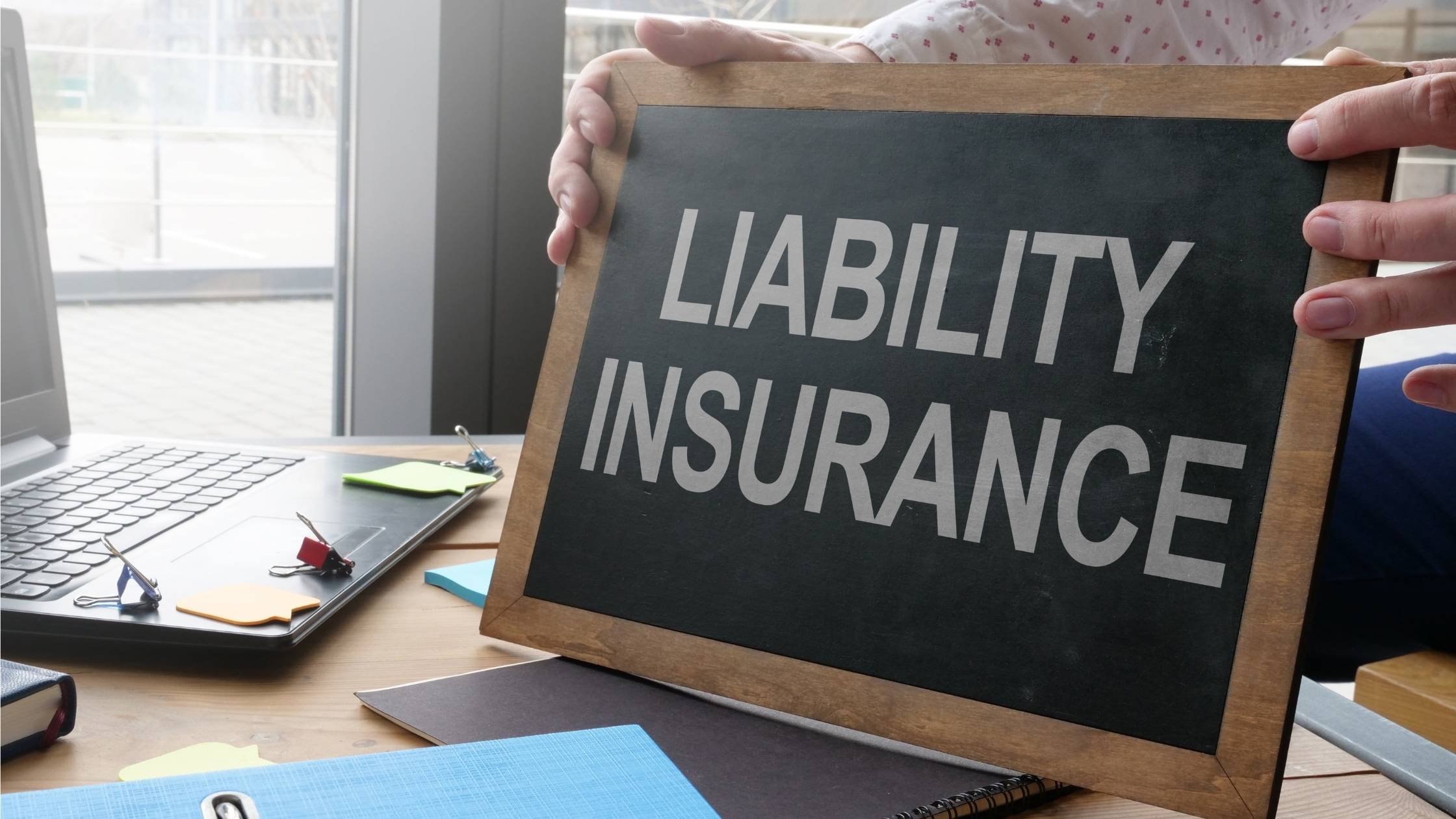Comprehensive general liability insurance for small business is a crucial shield that every business owner should consider. From protecting against unforeseen risks to ensuring financial stability, this type of insurance offers a safety net that can make or break a business. Dive into the world of comprehensive general liability insurance as we explore its nuances and benefits in this informative guide.
Overview of Comprehensive General Liability Insurance

Comprehensive general liability insurance is a type of coverage that helps protect small businesses from financial losses resulting from bodily injury, property damage, medical expenses, legal costs, and other liabilities. It provides a wide range of coverage to safeguard businesses from various risks and potential lawsuits.
Importance of Comprehensive General Liability Insurance
Having comprehensive general liability insurance is crucial for small businesses as it helps protect them from unexpected costs that may arise due to accidents, injuries, or property damage. Without this insurance, businesses could face significant financial losses that may jeopardize their operations or even lead to closure.
- General Liability Coverage: This includes coverage for bodily injury, property damage, and personal injury claims that occur on the business premises or as a result of business operations.
- Product Liability Coverage: Protects against claims related to products sold or supplied by the business that cause harm or injury to consumers.
- Advertising Injury Coverage: Covers claims of defamation, copyright infringement, or other advertising-related issues.
- Legal Defense Costs: Covers legal fees and court costs in the event of a lawsuit or liability claim.
Scenarios where Comprehensive General Liability Insurance is Beneficial
- A customer slips and falls in a small business establishment, resulting in injuries. Comprehensive general liability insurance would cover the medical expenses and legal costs associated with the incident.
- A product sold by a small business causes harm or injury to a consumer. The product liability coverage included in this insurance would help cover the costs of any resulting lawsuits or settlements.
- If a small business is sued for defamation or advertising-related issues, the advertising injury coverage in the policy would provide financial protection against such claims.
Types of Coverage Offered: Comprehensive General Liability Insurance For Small Business

Comprehensive general liability insurance provides various types of coverage to protect small businesses from potential risks and liabilities. Understanding the different types of coverage included in this policy is crucial for ensuring adequate protection.
General Liability Coverage
- Bodily Injury Coverage: This type of coverage protects your business if a customer or third party is injured on your premises or as a result of your business operations. For example, if a customer slips and falls in your store, this coverage would help cover medical expenses.
- Property Damage Coverage: Property damage coverage helps pay for damages caused to someone else’s property as a result of your business operations. For instance, if your employee accidentally damages a client’s property during a service, this coverage would come into play.
- Personal and Advertising Injury: This coverage protects your business against claims of libel, slander, copyright infringement, and other personal and advertising offenses. For example, if a competitor accuses your business of making false claims in advertising, this coverage would provide legal defense and settlement costs.
Difference from Other Types of Business Insurance
- General liability insurance specifically covers claims related to bodily injury, property damage, and personal/advertising injury, whereas other types of business insurance focus on different risks like professional liability, cyber liability, or workers’ compensation.
- While general liability insurance is essential for protecting a business from common risks, other types of insurance provide coverage for more specialized or industry-specific risks.
Real-World Examples
An example of bodily injury coverage in action would be if a customer slipped on a wet floor in your restaurant and suffered a broken arm. General liability insurance would help cover the customer’s medical expenses and any potential legal fees if they decide to sue.
For property damage coverage, imagine a scenario where your landscaping company accidentally damages a client’s underground sprinkler system. General liability insurance would cover the costs of repairing or replacing the damaged property.
If your small business is accused of copyright infringement in an advertising campaign, personal and advertising injury coverage would assist with legal defense costs and any settlements reached with the aggrieved party.
Cost Factors and Considerations

When it comes to comprehensive general liability insurance for small businesses, the cost can vary depending on several factors. Understanding these factors and finding ways to reduce insurance premiums can help small business owners effectively budget for this essential coverage.
Factors Influencing Cost
- The size and nature of the business: Larger businesses with more employees and higher revenue may face higher premiums due to increased risk exposure.
- Location: Businesses located in areas prone to natural disasters or with higher crime rates may have higher insurance costs.
- Claims history: A history of frequent claims or high claim amounts can lead to higher premiums.
- Industry risks: Some industries are considered riskier than others, leading to higher insurance costs.
Ways to Reduce Insurance Premiums, Comprehensive general liability insurance for small business
- Implementing safety measures: Proactively addressing potential risks and implementing safety protocols can help lower insurance premiums.
- Choosing higher deductibles: Opting for higher deductibles can lower premium costs, but it’s important to ensure the business can afford the deductible in case of a claim.
- Bundling policies: Combining different types of business insurance policies with the same provider can lead to discounts.
- Regularly reviewing coverage: Periodically reviewing the business’s coverage needs can help avoid overpaying for unnecessary coverage.
Cost Comparison with Other Business Insurances
- Comprehensive general liability insurance typically covers a broad range of risks, making it a fundamental coverage for small businesses.
- Compared to other types of business insurance like property insurance or professional liability insurance, comprehensive general liability insurance may offer more extensive coverage but can vary in cost.
Budgeting Tips for Small Business Owners
- Include insurance costs in the business budget: Allocating a specific amount for insurance premiums each month can help manage cash flow effectively.
- Compare quotes from different insurers: Shopping around and comparing quotes can help find the best coverage at a competitive price.
- Work with an insurance agent: Seeking guidance from an experienced insurance agent can help small business owners navigate the complexities of insurance coverage and costs.
Choosing the Right Policy
When it comes to selecting the right comprehensive general liability insurance policy for a small business, there are several important factors to consider. This decision can have a significant impact on the financial security and protection of the business, so it’s crucial to choose wisely.
Checklist of Considerations
- Assess the Risks: Identify the specific risks that your business faces and make sure the policy covers those risks adequately.
- Evaluate Coverage Options: Compare different policies to see which one offers the most comprehensive coverage for your business needs.
- Consider Policy Limits: Make sure the policy limits are sufficient to cover potential liabilities that could arise in the course of your business operations.
- Review Exclusions: Pay attention to any exclusions in the policy that may leave your business vulnerable and consider adding endorsements if needed.
- Check the Claim Process: Understand how the claims process works and ensure it is straightforward and efficient.
Customizing the Policy
It’s important to customize the policy to suit the specific needs of your business. This may involve adding endorsements or adjusting coverage limits to ensure adequate protection.
Review and Update
- Regular Reviews: Schedule regular reviews of your policy to ensure it still aligns with the needs of your growing business.
- Annual Updates: Update your policy annually or as your business evolves to account for any changes in operations, assets, or risks.
- Consult with an Agent: Work with an insurance agent to review and update your policy, as they can provide valuable insights and recommendations.
Ending Remarks
In conclusion, comprehensive general liability insurance for small business is not just an option but a necessity in today’s unpredictable business landscape. By understanding the coverage, cost factors, and considerations involved, small business owners can safeguard their ventures and pave the way for long-term success. Make the smart choice to protect your business today and reap the rewards tomorrow.
Question & Answer Hub
What does comprehensive general liability insurance cover?
Comprehensive general liability insurance typically covers bodily injury, property damage, personal injury, and advertising injury claims.
Is comprehensive general liability insurance mandatory for small businesses?
While it’s not mandatory by law, having this insurance can protect your business from potential financial ruin in case of lawsuits or claims.
How can small businesses reduce the cost of their insurance premiums?
Small businesses can lower insurance costs by implementing safety measures, choosing higher deductibles, and bundling insurance policies.
Can comprehensive general liability insurance be customized for specific business needs?
Yes, business owners can tailor their policies to include additional coverage based on the unique risks and operations of their business.
What should small business owners look for when selecting a policy?
Small business owners should consider factors such as coverage limits, exclusions, deductibles, and endorsements when choosing a comprehensive general liability insurance policy.
